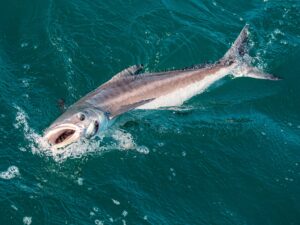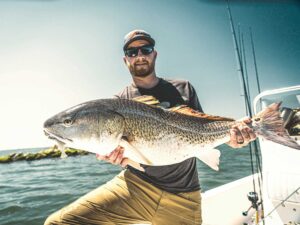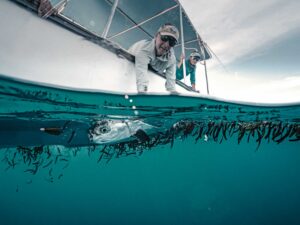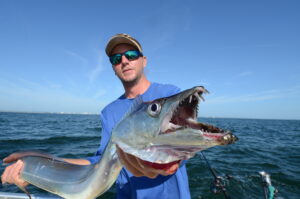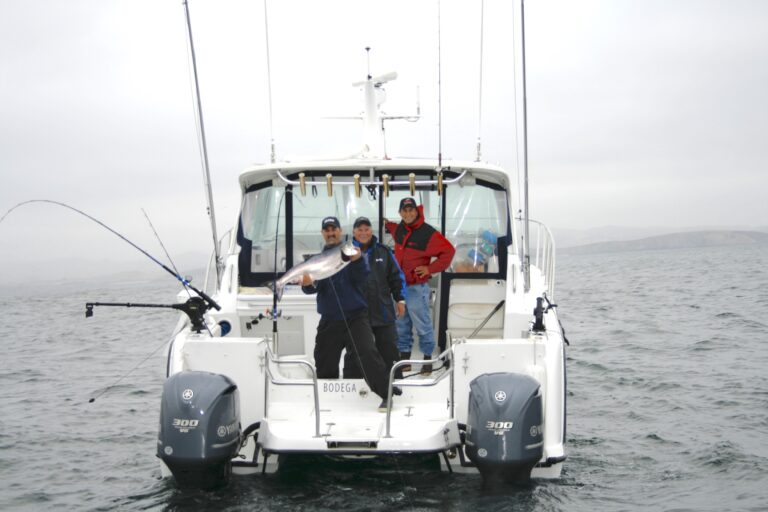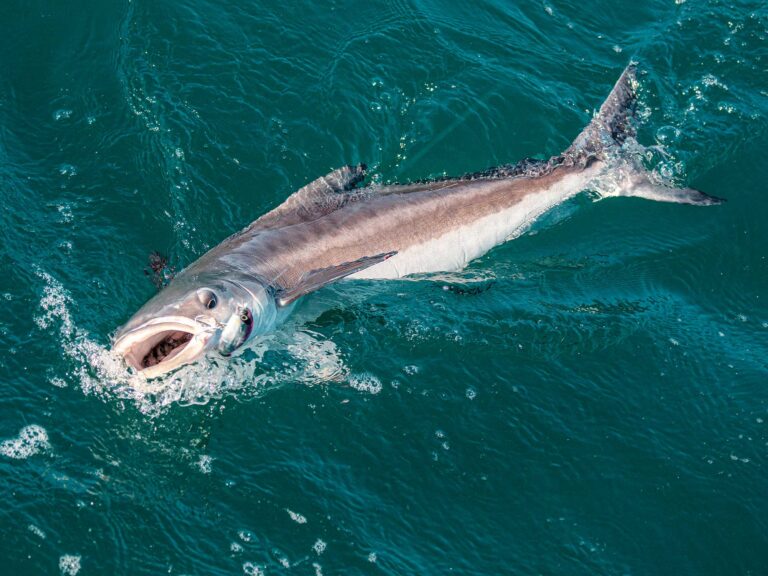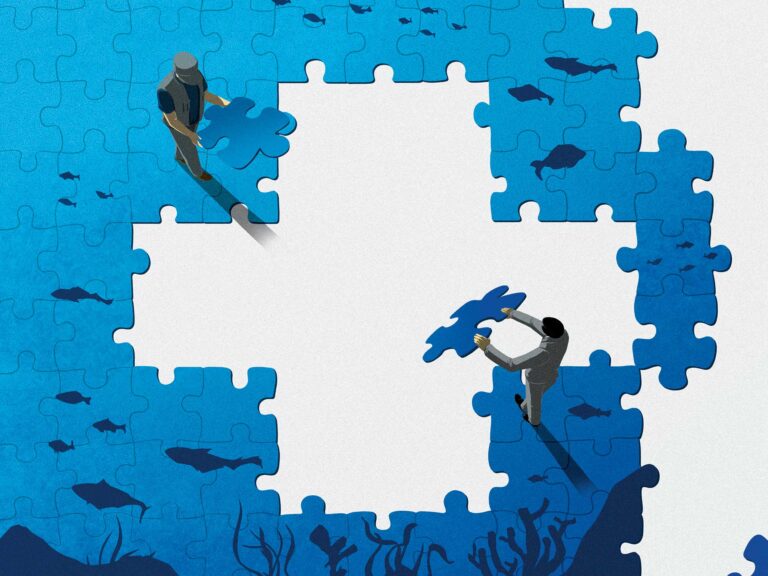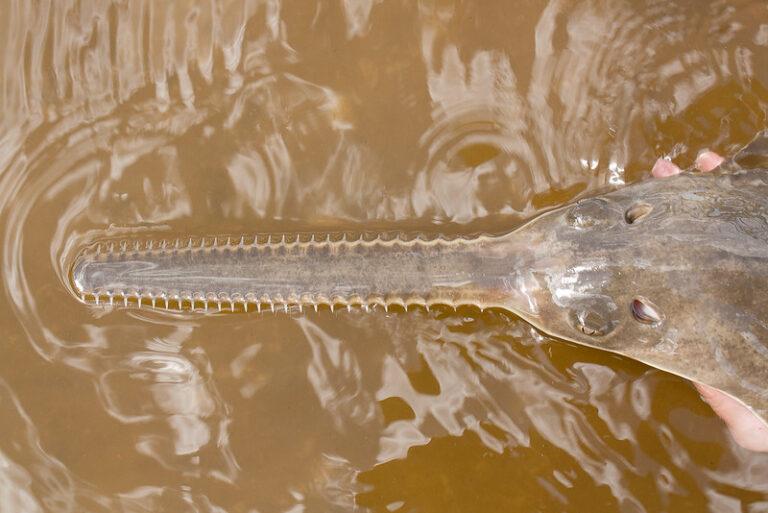Texas state game wardens are expected to make a record number of seizures of illegal gill nets in Texas and U.S. federal waters in 2012. So far this year, game wardens working aboard the Captain Williams operating along the lower Texas coast have seized 138,080 feet of long line; 53,840 feet of gill net; more than 6,000 sharks, 300 red snapper, 211 red or black drum, 21 gag grouper and 2 sailfish.
On Nov. 20, the U.S. Coast Guard apprehended a commercial fishing vessel from Mexico in Texas waters. At the South Padre Island Coast Guard station, game warden Sgt. James Dunks removed an illegal gill net from the seized Mexican launcha and found some** 180 sharks entangled in it**. The captain of the seized vessel, a Mexican national, was taken before a South Padre Island justice of the peace and charged with possession of an illegal fishing device and operating an unregistered vessel.
On Nov. 7, the Texas wildlife patrol Captain Williams discovered a three-mile-long gill net about 6 miles north of Brazos Santiago Pass and 7 miles offshore. Dropping 30 feet deep, the net contained 17 greater hammerhead sharks, 13 decomposing unidentifiable sharks, 8 black drum, 6 tripletail, 1 large red drum, and several hundred triggerfish. Game wardens confiscated the net and released all live fish entangled in the net.
Many of the illegal fishing devices set in Texas or federal waters by commercial fishermen operating out of Mexico come from the village of La Playa Bagdad, which lies about nine miles south of the Rio Grande. Sharks, the most common target of these vessels, are harvested not only for their meat, but also for their fins.
In another trend, the U.S. Coast Guard recently found illegal long lines with hooked live brown pelicans being used as floats. “They sometimes use live pelicans in an attempt to hide the lines, since they know we are looking for more traditional floatation devices,” explains Sgt. Dunks, who pilots the Captain Williams.
Meanwhile in Florida, Florida Fish and Wildlife Conservation Commission (FWC) law enforcement officers arrested two Gulf County men at St. Joe Bay on Nov. 23 with an almost-8,000-square-foot gill net and more than 600 pounds of illegally netted pompano, Spanish mackerel and sheepshead.
Florida’s constitution prohibits the use of gill nets and entangling nets for the taking of marine species.
Ashley David Haddock, of Wewahitchka, and Randall Lamar Moore, of Port St. Joe, face numerous felony and misdemeanor charges for using a gill net. Using high-tech, night-vision equipment, officers watched the pair on the bay on Haddock’s 22-foot boat from late on Thanksgiving night to the time of arrest the next morning.
“The fish had obvious signs of being gill-netted,” said FWC Officer Neal Goss IV, one of three officers who made the arrests.
Report Details: Both Haddock and Moore are commercial fishermen and possess saltwater products licenses. The two were booked into the Gulf County Jail. They were released on $2,000 bond each on Nov. 24. The fish were seized and sold to a Panama City seafood business. The money will be held in escrow, pending the outcome of the case. The FWC seized the vessel and the gill net as evidence in the case.

